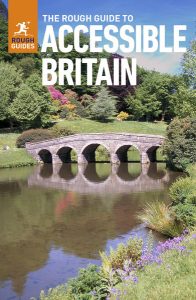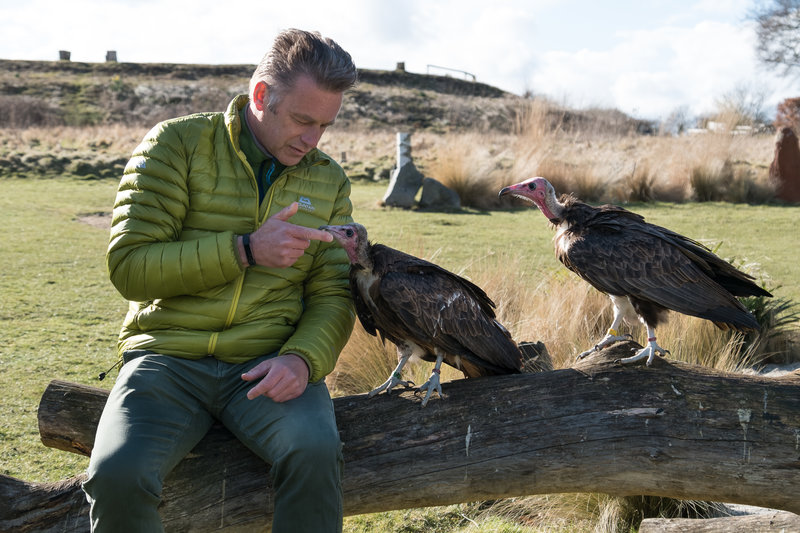Rough Guide to Accessible Britain with National Autistic Society and Chris Packham
| 6th April 2018
The latest edition of The Rough Guide to Accessible Britain, with a foreword written by TV presenter and naturalist Chris Packham, is now available online.

The guide, now in its tenth year, is dedicated to helping people with disabilities enjoy the country’s best attractions. Written in partnership with the National Autistic Society, this seventh edition now includes information for people with less visible disabilities, such as autism and mental illness.
Accessible Britain provides over 180 reviews across the UK, and gives practical information and advice along the way. As well as details about wheelchair access, sign language interpreters or facilities for blind or visually impaired people, the guide indicates when venues provide quiet mornings, relaxed performances or bespoke queuing arrangements, to help reduce stress for people on the autistic spectrum.
Chris Packham, who has Asperger’s syndrome himself, said: “The Rough Guide to Accessible Britain is a celebration of some of the best and most inclusive venues in the UK. From personal experience, I know that many people face particular barriers to enjoying a day out. The Guide equips visitors with all the information they need to set out with confidence, so they can simply concentrate on making the most of their day.”
Truly convinced of the positive effects of nature, including on mental health, he explains in the foreword that sensory overload is something he always has to take into account when planning a day out, so a guide like this is invaluable.

Chris Packham at the Hawk Conservancy Trust in Hampshire
Tom Purser, Head of Campaigns at the National Autistic Society, said they are delighted about working on the new edition. He added: “With over 700,000 autistic people in the UK, it is vital that they are able to enjoy days out, just like anyone else.”
The guide covers a range of sights and activities, from wildlife parks and animal sanctuaries to museums and theatres. With comprehensive reviews and ideas of places to eat, each chapter focuses on one region and includes a suggested scenic drive with possible stops.
The Rough Guide’s team of reviewers, who all have personal experience of physical or cognitive conditions, give accurate and honest accounts and useful tips. The reader will know, for example, if wet weather in some places may make wheelchair access difficult, or if lighting and colours in a building are not optimal for visually impaired people.
The guide, aside from being convenient and entertaining, certainly gives everyone good reasons to go out and explore, regardless of abilities.
The new edition of the Rough Guide for Accessible Britain is available to download for free at accessibleguide.co.uk.
For more information about the National Autistic Society, visit their website here.
